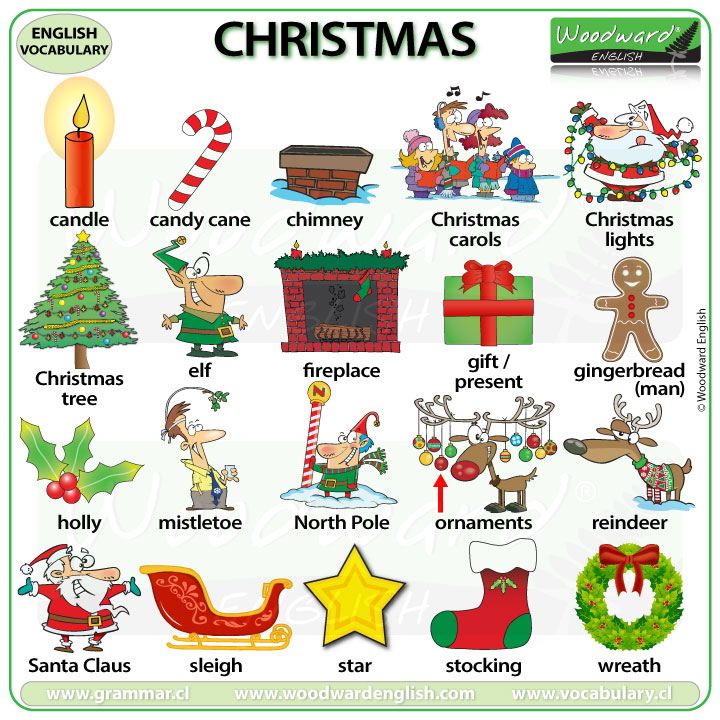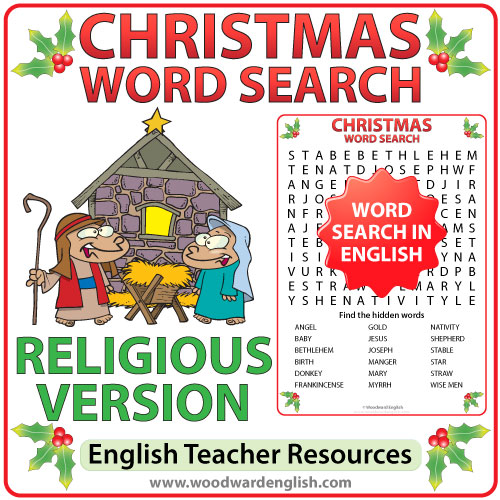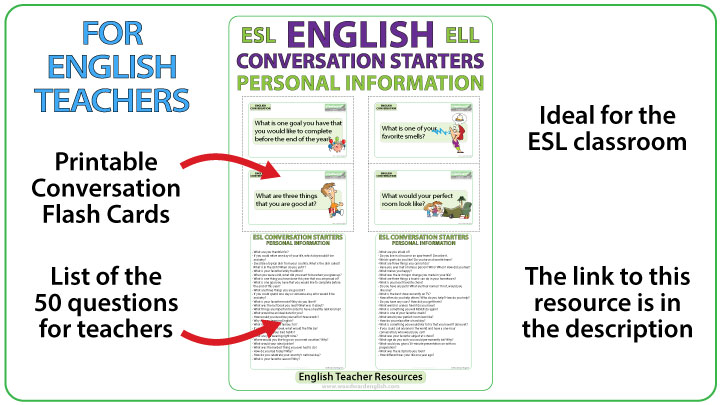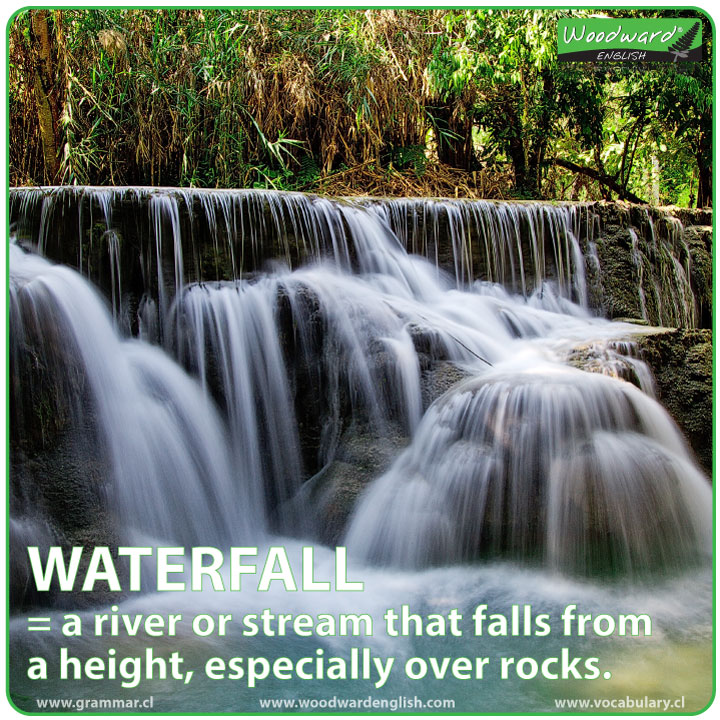
Since Christmas is almost here I decided to create the Christmas vocabulary chart above and also the video below where you can listen to the pronunciation of these words with different images.
Christmas Vocabulary Video
This is a new video with common English vocabulary associated with Christmas:
You can also find more vocabulary about Christmas here: Christmas Traditions and Vocabulary.
There is also an interactive game about Christmas: Christmas game
You may also been interested in this Christmas carol: The 12 days of Christmas
English Resources
We created three different word search activities that can be downloaded for personal use and also for teachers that want to use it in class with their students.



One word search contains general Christmas vocabulary, another with Religious vocabulary associated with Christmas, and the third word search is about Santa Claus.
We also have a Christmas spelling activity:

Hope everyone has a great Christmas.
//pagead2.googlesyndication.com/pagead/js/adsbygoogle.js // <![CDATA[ (adsbygoogle = window.adsbygoogle || []).push({}); // ]]>
from Woodward English https://www.woodwardenglish.com/christmas-vocabulary-english-video-chart/







